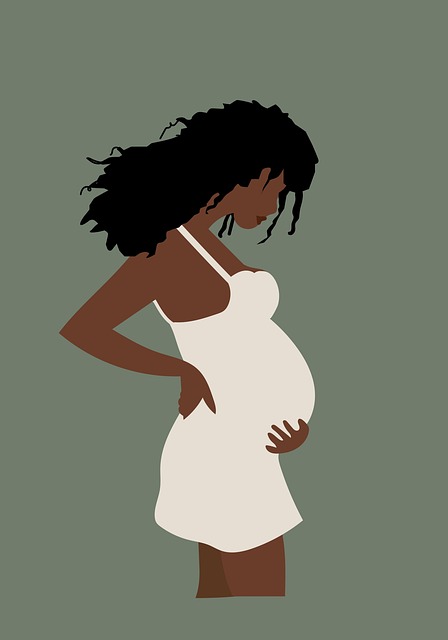It’s a common question among those trying to conceive: is it possible to get pregnant when you’re not ovulating? The short answer is no; ovulation is a crucial part of the pregnancy process. For pregnancy to occur, sperm must fertilize an egg, which only happens when an egg is released from the ovaries during ovulation. If you’re not ovulating, there’s no egg available for fertilization.
However, it’s important to understand your cycle. Some women may experience irregular cycles or anovulation (not ovulating at all), making it harder to predict when they might be fertile. This means tracking your menstrual cycle and understanding the signs of ovulation, like changes in cervical mucus or basal body temperature, can be really helpful.
In some cases, women may think they’re not ovulating when they actually are. If you’re unsure about your ovulation patterns, consider consulting with a healthcare provider for guidance. They can offer insights into your reproductive health and help identify any underlying issues.
If you want to learn more about the various methods of artificial insemination, you can check out resources like this one, which is a great authority on the topic. Additionally, for a comprehensive understanding of intrauterine insemination, this resource is excellent.
In summary, you cannot become pregnant when you are not ovulating, as there is no egg for sperm to fertilize. Understanding your ovulation cycle and consulting with healthcare professionals can increase your chances of conception.

